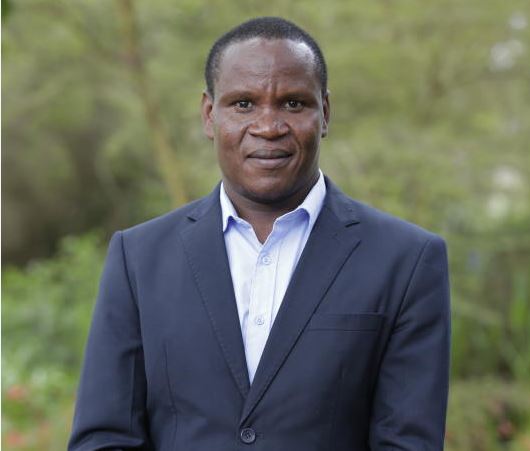×
The Standard e-Paper
Kenya’s Boldest Voice

Five Kenyans are among 30 African scientists who have won the prestigious Future Leaders – African Independent Research (FLAIR) scheme.
Kanyiva Muindi, Cecil King’ondu, Francis Wamonje and Ezekiel Njeru will each receive Sh39 million to conduct research on different proposals aimed at addressing global challenges relevant to Kenya.